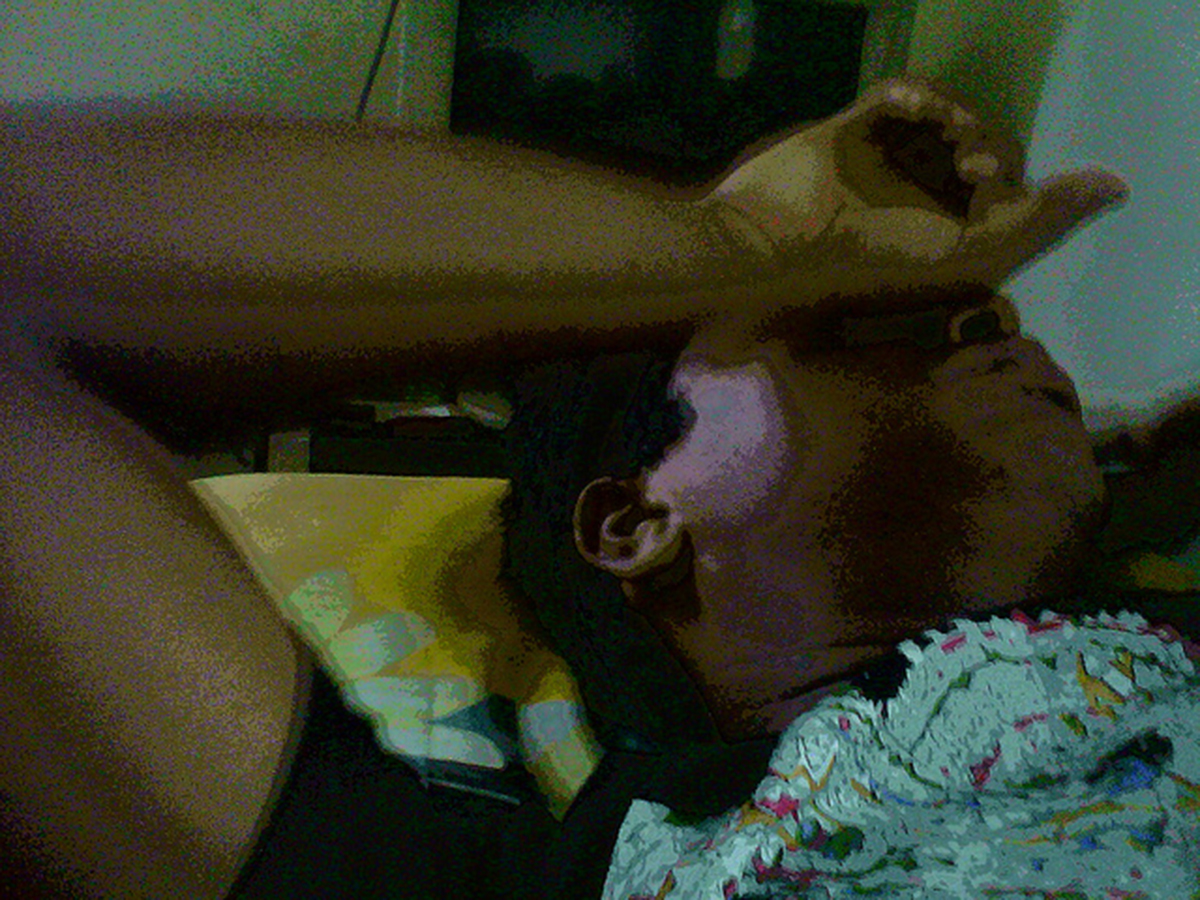An anxiety disorder can easily shroud your life in a dark cloud, preventing you from finding happiness and fulfillment. Talk therapy, specifically Cognitive Behavioral Therapy, is considered to be the most effective and long-term treatment — but therapy and relaxation techniques for anxiety alone do not cut it for everyone suffering from anxiety. Anti-anxiety medications can often deliver extreme and fairly immediate results that will drastically improve the lives of people with anxiety disorders. Are they an option for you?

What's Anxiety Disorder?
We're all familiar with anxiety, an unpleasant emotion that's the normal result of life stresses like ill relatives, worries about your child's performance in school, and trouble at work. Anxiety disorders, which include social anxiety disorder, generalized anxiety disorder and panic disorder, take anxiety to a whole other level. According to some estimates, between five and 20 percent of the population will suffer from an anxiety disorder at any given time. Fiona, a mother of three from Australia, told me:
The unrealistic, excessive worry Fiona used to suffer from is characteristic of generalized anxiety disorder. Along with constant fear and panic, other symptoms include a dry mouth, heart palpitations, breathing difficulties, trouble sleeping, nausea, muscle tension, dizziness, and cold sweats. Anxiety can, in other words, take over your life, affecting everything you do and don't do.
Cognitive Behavioral Therapy For Anxiety
Cognitive Behavioral Therapy is a form of talk therapy that targets the erroneous, unhealthy thought patterns that damage our quality of life. If you're participating in CBT sessions, your therapist will first work with you to make you aware of your own thoughts, and then to see where they are problematic. Techniques that stop unrealistic negative thoughts and worries right in their tracks are taught, along with relaxation and stress relief methods. Successful Cognitive Behavioral Therapy will make those anxious thoughts less automatic, and can create a new habit of more realistic and positive thinking.
CBT is often held up as the only long-term solution to anxiety. Rather than temporarily suspending symptoms with medication, proponents say, this form of talk therapy aims to achieve structural improvements to last a lifetime.
"I had CBT for around 10 years, with no results," Fiona shared. That's a very long time. Though the length of treatment varies, those for whom Cognitive Behavioral Therapy is successful can often stop attending therapy after as few as eight to 10 sessions. Surely, Fiona's therapist should have recognized that CBT was simply not working for her after a whole decade?
READ Cognitive Behavioral Therapy: Exercises You Can Do At Home Without A Therapist
"The neurologist I was seeing for severe headaches was the first person to acknowledge that not only were my thoughts around my medical problems abnormally anxious — I was convinced I had a brain tumor — but also was the CBT obviously not helping. He suggested medication. I saw a huge improvement within a week. It was wonderful. I had this 'aha moment' in which I thought, 'Oh, so this is how the normal brain functions?' Finally, I could think about other things, rather than worrying all the time."
How Anxiety Medications Can Turn Your Life Around
Benzodiazepines
Benzodiazepines, often referred to simply as "benzos" by those who are familiar with them, constitute a large class of medications. Ativan, Valium, Klonopin, Librium, and Xanax are all benzos. Soon after their introduction, it became obvious that benzodiazepines offer a vast improvement over barbituates, which were a first-line treatment before benzos.
While generally regarded as safe, medications from the benzodiazepine class aren't without risks. They impair judgement to some extent, can cause amnesia and aggression, can lead to drowsiness, and can in some cases cause addiction too. Furthermore, with time you may need a higher dose to achieve the same effect.

Research suggests that benzodiazepines are an effective and fast symptom-reducing anti-anxiety treatment in 70 to 80 percent of all cases. They can be taken as a one-off in cases of extreme anxiety, for a short period of time, and even for years. However, because benzos lead to addiction and tolerance, they should only ever be taken under the watchful care of a psychiatrist.
SSRI Antidepressants
SSRIs, selective serotonin reuptake inhibitors, are antidepressants that have also been shown to be very effective in the fight against anxiety. Non-addictive, SSRIs don't impact memory and have far fewer side effects than benzos. Their biggest disadvantage is that SSRIs are not fast-acting, for which reason they are sometimes combined with benzos in cases of acute anxiety. It will take between a month and six weeks for SSRIs to start working properly, and you can't just stop them suddenly either — once on SSRIs, tapering them off requires medical supervision.
Overall, psychiatrists consider SSRIs to be effective long-term anxiety medications with a tolerable level of side effects. As such, they are now considered to be the first line of treatment for anxiety disorders. There is a notable exception. Lucile is a trauma survivor who was diagnosed with Complex Post Traumatic Stress Syndrome, and her experience explains why trauma victims with anxiety may not be suitable candidates for SSRIs: like a significant portion of trauma survivors (and some anxiety sufferers who do not have a traumatic past), Lucile becomes suicidal when she's on SSRIs. "I've been to some really bad mental health facilities," Lucile said, "but I've also been treated at the very reputable Macleans clinic. Macleans always discharges me without an SSRI. They know what these antidepressants can do to trauma victims."
READ Depression & Anxiety Solutions: Zoloft, Lexapro or Prozac
Other Anxiety Fighters
Serotonin Norepinephrine Reuptake Inhibitors work similarly to SSRIs, and can also be used for anxiety. Cymbalta is a popular example. Buspar is another anti-anxiety drug that doesn't cause dependence and isn't associated with as many side effects as benzos. It may not be as effective for people who have taken benzos in the past.
In Conclusion...
Anti-anxiety medications may play a key role in anxiety sufferers for whom talk therapy alone and other relaxation techniques for anxiety have proven ineffective, and they can also be lifesavers with near immediate effects for people facing acute episodes of anxiety. They should not be dismissed as an option, and many people with anxiety find that the side effects are very tolerable.
- Photo courtesy of mesbahuk: www.flickr.com/photos/mesbahuk/5798555748
- Photo courtesy of ileohidalgo: www.flickr.com/photos/ileohidalgo/8561315555
- www.health.harvard.edu/mind-and-mood/what_are_the_real_risks_of_antidepressants
- www.psychologytoday.com/blog/anxiety-help/201111/anti-anxiety-medications-explained
- www.anxieties.com/157/benzodiazepines-bzs#.VkESV7erSM8
- www.benzo.org.uk/lader1.htm
- www.helpguide.org/articles/anxiety/therapy-for-anxiety-disorders.htm

